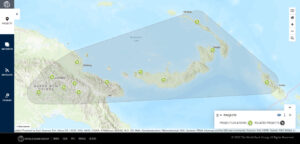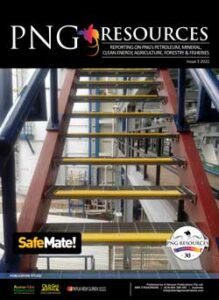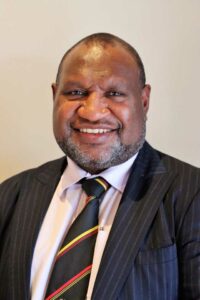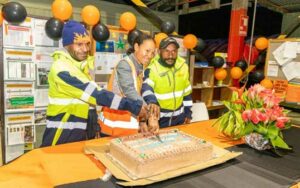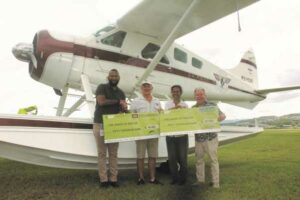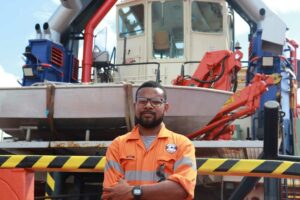PM Marape targets growth in agriculture with four ministries given to sector
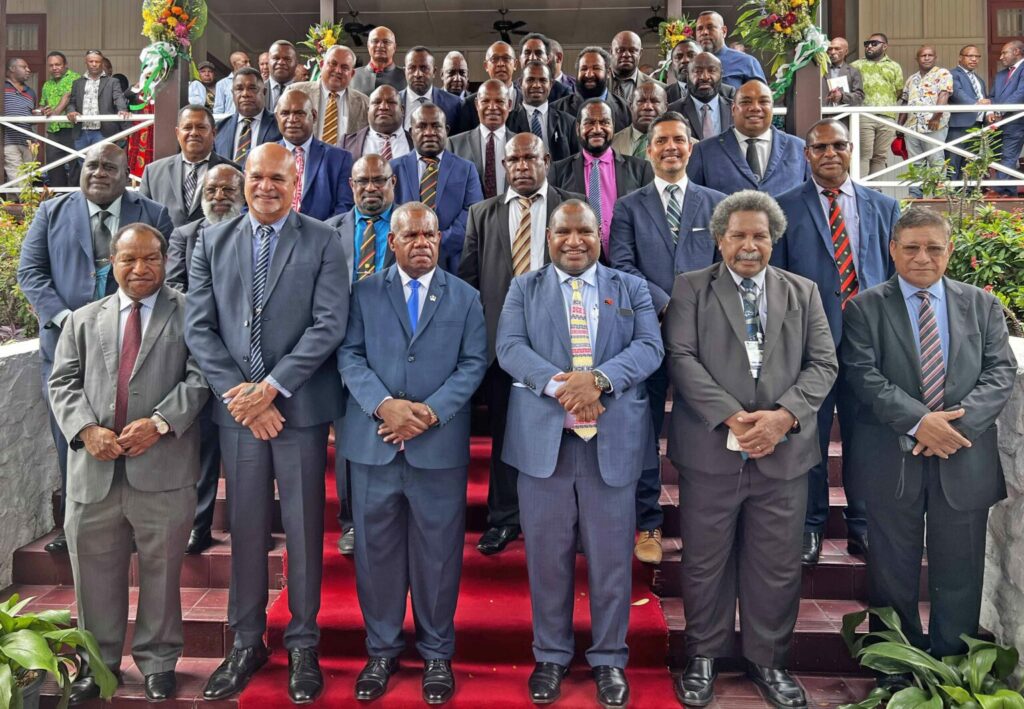
Prime Minister Hon. James Marape says the allocation of four ministries to the agriculture sector is a complete paradigm shift to get agriculture moving again.
The Marape Government’s focus on ‘Taking Back PNG’ is deeply embedded in the agriculture sector – which is the backbone of Papua New Guinea to drive the country and economy.
The Prime Minister said it was no secret that agriculture had declined since Independence in 1975, and allocation of the four ministries was to rekindle the sector, for it to be a major income-generator for PNG.
PM Marape said this when explaining the rationale for his allocating four ministries to the agriculture sector.
“Albert Einstein once said, ‘insanity is doing the same thing over and over again and expecting a different result’, which is exactly what has happened to the PNG agriculture sector since 1975,” he said.
- Goroka MP Hon. Aiye Tambua (Pangu Pati) is the Agriculture Minister responsible for administration of the department and tree crops and horticulture (fresh produce). The Department of Agriculture and Livestock has been beset with ongoing controversies and management issues over the years;
- Nakanai MP Hon. Francis Maneke (Pangu) is Minister for Oil Palm, PNG’s biggest and most-valuable agriculture crop, which brings in over K1 billion a year. Minister Maneke is from Nakanai, West New Britain, one of the biggest oil palm districts in PNG and has been a strong advocate for the industry;
- South Fly MP Hon. Seki Agisa (Pangu) is Minister for Livestock, an industry which thrived pre-Independence, but has since been reduced to a skeleton of its former self. Western, Minister Agisa’s home province, has huge tracts of unused land which can be used for development of livestock; and
- Anglimp-South Wahgi MP Hon. Joe Kuli (United Resources Party) is Minister for Coffee, another crop which has seen better days, but no longer produces the same volume it once used to. The Wahgi Valley, Minister Kuli’s home, once housed some of the biggest coffee plantations in PNG which grew the fledgling industry in the 1960s. One of his major tasks will be to revive the legendary Wahgi Mek plantations of the valley.
“We want to see import replacement and more exports within the agriculture sector, which is we have allocated four separate ministries to agriculture,” PM Marape said.
“Hon. Aiye Tambua brings in freshness, vigor and energy to this key sector that we want to ramp up for it to be a substantial, if not the major sustainable contributor to our economy, not just now but forever into the future.
“His home of Goroka and Eastern Highlands has some of the best agriculture land in the country which must be utilised.
“Copra, cocoa, vanilla and other spices, and rice will be the key focuses of Minister Tambua as Agriculture Minister.
“I have already said that I want East Sepik to become the vanilla capital of the world and an international hub for the cocoa trade.
“This is not an impossibility, with Papua New Guinea – mainly through East Sepik – being one of the top vanilla producers in the world with the World Bank predicting that PNG will soon become No. 2 after Madagascar.
“East Sepik is also the top producer of cocoa in PNG with the country’s cocoa being rated very highly in the world for quality.
“The Government has plains to develop the massive Sepik Plains into the biggest agriculture hub of the country.”
PM Marape said the oil palm industry laws and regulations were outdated and needed to be changed to see more benefits to PNG.
“Oil palm is the largest agriculture commodity in PNG, contributing about 40 per cent – K1.2 billion annually – of PNG’s export revenue in the agriculture sector,” he said.
“However, the irony of it all is that the large multi-national companies who dominate the industry, operate in an unregulated industry.
“The Oil Palm Industry Corporation (OPIC) only provides extension services to smallholder growers, whereas, the big players control the industry – that is the concern.
“My Government is committed to reviewing the OPIC Act to bring about long-overdue changes within the billion-kina industry.
“Oil palm is a billion-kina agriculture industry, and under Minister Maneke, will be given specific targets – especially in increasing production.
“We have so much land that is lying around idle and Minister Maneke will be tasked to use this to increase production, as well as help the existing industry to grow.”
PM Marape said PNG’s livestock industry must to revived urgently for import replacement as well as to be an exporter.
“Once upon a time, the Highlands Highway from Mt Hagen to Lae, was filled with cattle on the roadsides,” he recalled.
“Papua New Guinea had a thriving cattle industry, started in the colonial days, by experienced Australian cattlemen.
“Starting at Corn Farm outside Mt Hagen, to Six-Mile outside Lae, you could find thousands of cattle.
“Sadly, since Independence in 1975, PNG’s cattle numbers have dropped to an all-time low.
“Settlers moved in on State land used for cattle and abattoirs.
“The Livestock Development Corporation (LDC), following a direction from my Government, is moving to take back all State land occupied by settlers and use to rebuild PNG’s cattle industry.
“The State Land Reclamation Project was launched by former Minister for Agriculture and Livestock, John Simon, at Corn Farm at the border of Western Highlands and Jiwaka last December.
“Minister Agisa will ensure that this is continued as well as ensure that areas like his own province of Western, which has so much grassland, can be used to raise cattle with Indonesia and Australia just next door.
“He will be given the necessary Budget support to unleash the full potential of the livestock industry in our country.
“The irony is that for a country with so much grassland for raising cattle and other livestock, we continue to import meat, something that must stop.”
PM Marape said coffee was another industry that needed to be revived to bring in more export revenue, and Minister Kuli knew this, being from the Wahgi Valley of Jiwaka.
“As you drive along the great Wahgi Valley of Jiwaka, one of the agriculture hubs of PNG, you see a heart-breaking sight,” he said.
“Miles and miles of once-flourishing coffee plantations are now covered by bush or taken over by settlers.
“These are the sad remains of Wahgi Mek Plantations, which from 1973 to 1999, generated millions of kina in export revenue for the country.
“It goes without saying that PNG’s declining coffee production has been largely due to the collapse of the 14 Wahgi Mek plantations.
“It is the same sad situation not only in the Wahgi Valley, but right throughout PNG.
“The once-great PNG coffee industry has completely lost its focus since 1975.
“Minister Kuli’s focus will be coffee, coffee, coffee.
“I want to drink coffee made in Goroka, Mt Hagen, Lae and other parts of the country.
“I want to see more coffee grown for export to the lucrative markets of the world.”
PM Marape said over the last three years, his Government has given million of kina support to agriculture, through price and freight subsidies and SME support.
“We are now targeting specific commodities through establishment of the four agriculture ministries,” he said. “Over the next two weeks, we will give specific production targets for coffee, oil palm and our major agriculture commodities.”

